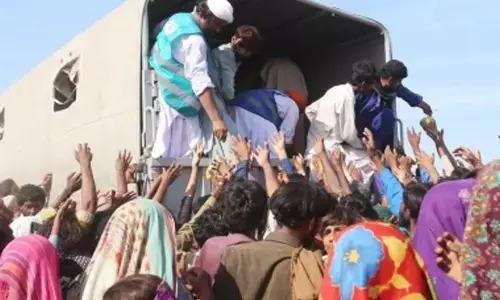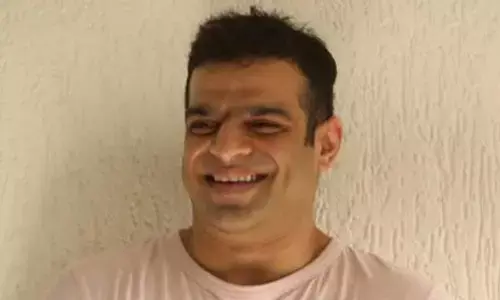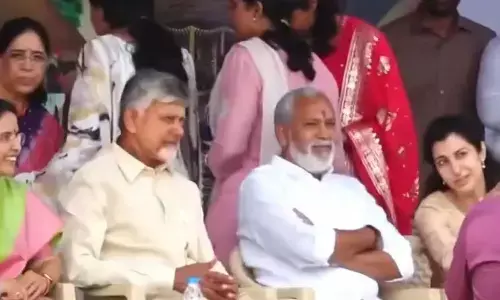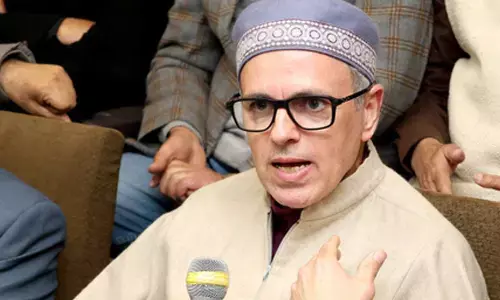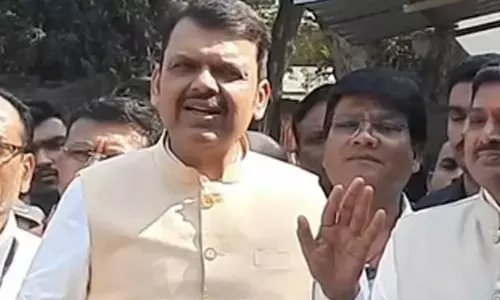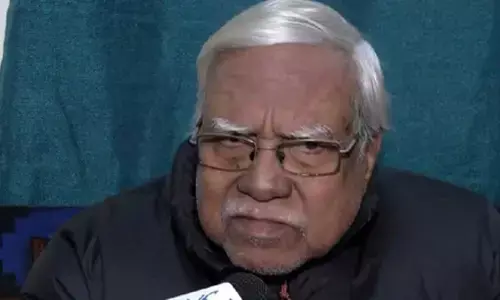An enduring friendship
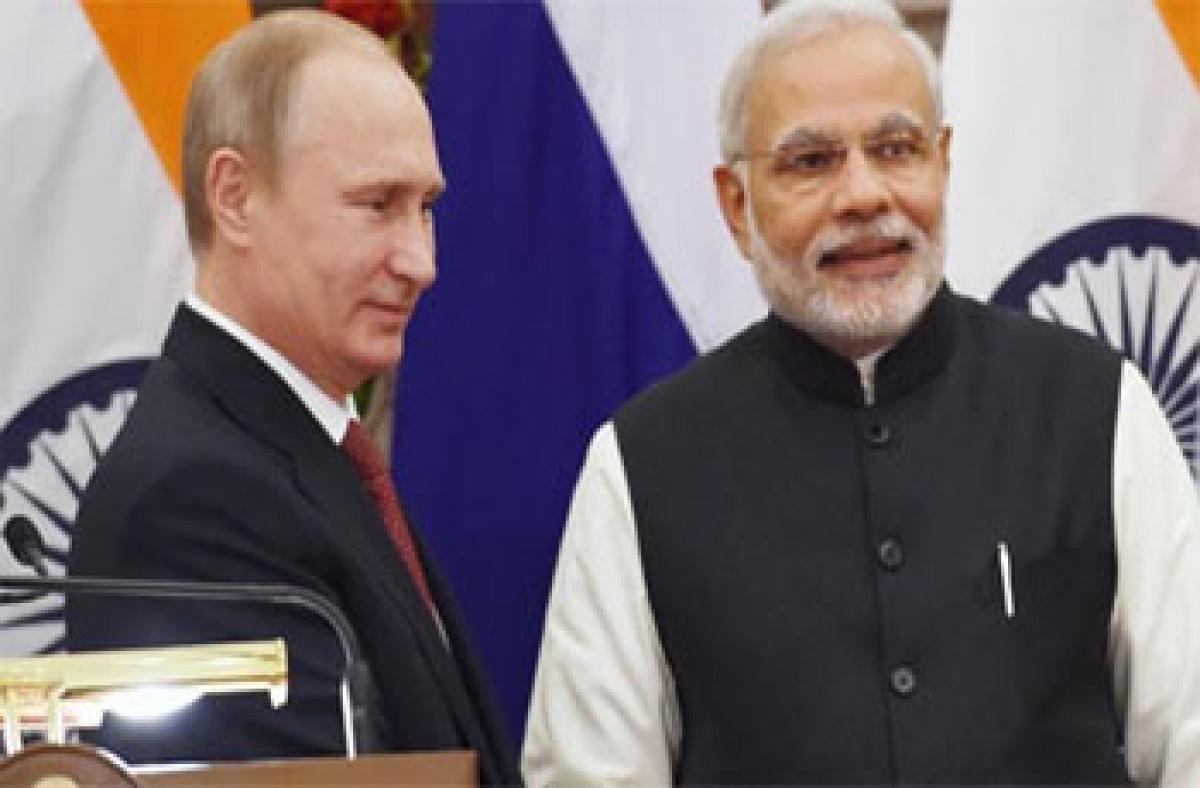
Prime Minister Narendra Modi is in Moscow, continuing decades of friendship between India and Russia, which is built upon strong foundations of goodwill, mutual respect and convergence of interests over wide ranging issues of regional and international significance.
 Prime Minister Narendra Modi is in Moscow, continuing decades of friendship between India and Russia, which is built upon strong foundations of goodwill, mutual respect and convergence of interests over wide ranging issues of regional and international significance.
Prime Minister Narendra Modi is in Moscow, continuing decades of friendship between India and Russia, which is built upon strong foundations of goodwill, mutual respect and convergence of interests over wide ranging issues of regional and international significance.
The bilateral relations date back to Soviet era. Despite momentous developments that resulted in dismantling of Soviet Union and the fall of Communism, the relations between the two nations remain unfettered.
Even as the Indian foreign policy makes a radical shift towards United States, adjusting itself to post cold war global reality, Russia steadfastly remained India’s trusted ally.
The relations between two nations were never defined only by commerce, but cemented by culture. An average Indian loves Russia and the vice versa. The Soviet Union and later Russia was instrumental in transforming India’s moribund economy into a modern one.
Indian steel plants, nuclear establishment, space odyssey, exploration of oil and natural gas, defence technology etc., speak volumes of Russian collaboration. Narendra Modi with his proactive foreign policy gives a new boost to this enduring friendship. The Indo–Russian solidarity and cooperation is of vital importance as the world moves from unipolarity to multipolarity to the mutual advantage of both India and Russia.
Both are partners in BRICS which is making a beginning to question even the western monopoly over global money through initiatives like BRICS bank. Russia fervently backed India’s claim to the permanent membership of United Nations Security Council. On crucial disputes like Kashmir and terrorism, Moscow more or less echoed New Delhi’s concerns. The geostrategic considerations continue to drive the bilateral relations.
As rightly felt during an interaction between Indian Council of World Affairs (ICWA) and Russian International Affairs Council (RIAC), both sides recognise that world politics have now overcome bipolar and unipolar tendencies of the past and is heading clearly in the direction of a complex multipolarity. It is a polycentric model where power centres are not one or two but several and of varying strength.
It is the inter-relationships among them that determine the destiny of the contemporary international order. The Indian foreign policy should therefore not invest in any one country but should aim at maximising national advantage through multi-dimensional relationships. In this context, relations with Russia are of extreme geopolitical significance. Thus Modi’s visit should not be seen from a narrow prism of what deals are signed. Instead, the visit would further India’s strategic interests.
Russia no longer possesses the Soviet era shine in military or economic might. Still the successor to Soviet Union is a force to reckon with. It enjoys significant political clout in Central Asia which was earlier a component of Soviet Union along with Moscow.
India is embarking upon a policy to reinvent its relationship with this crucial region through its Connect Central Asia policy for ensuring energy security and regional stability. Russia would be of great help in this regard.
Despite a great deal of convergence, the bilateral economic and trade relations still have a large potential to be harnessed. Hope that Modi’s visit would help in revitalising these ties while reasserting the strategic dimensions of bilateral relationship.
Editor: Prof K Nageshwar








